Many African countries are fighting for seats on the United Nations Security Council (UNSC), as well as to enhance their country's status and voice in the world's largest multilateral organization.
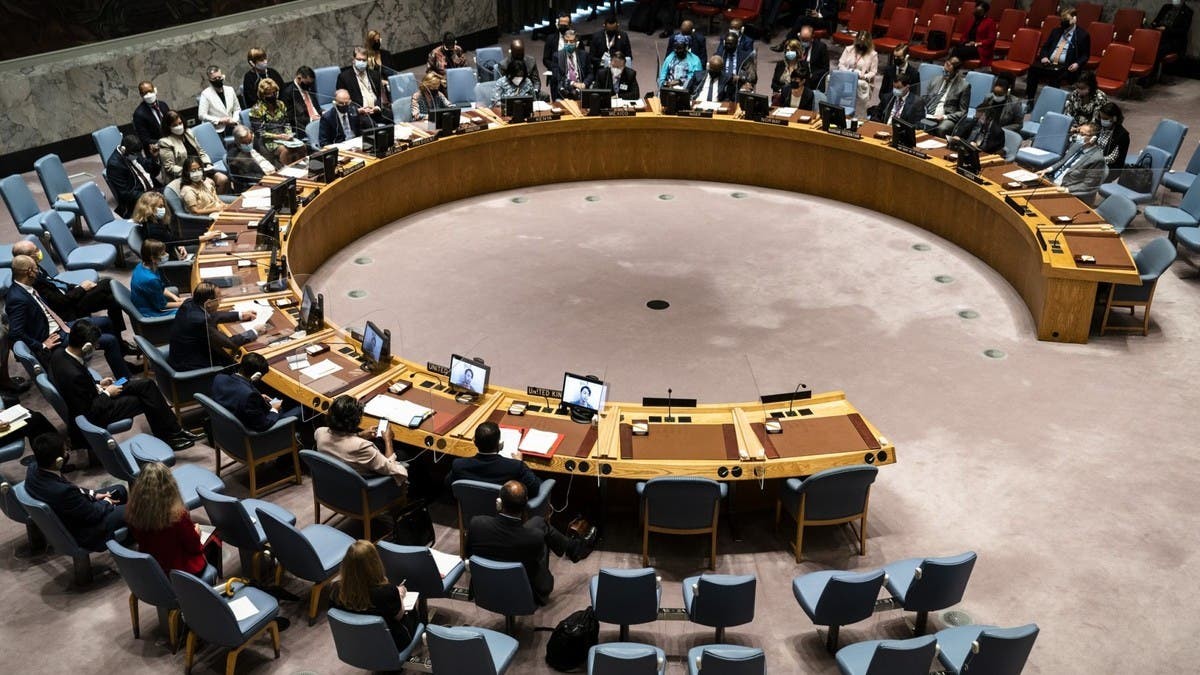 |
| Issues related to Africa account for nearly 50% of the UN Security Council's daily activities. (Source: AFPF) |
Reforming the most powerful body of the UN
Today, countries around the world can join the Security Council as non-permanent members, but currently no country in the Middle East, Africa, Latin America or the Caribbean is a permanent member of the Council.
The veto power allows the five permanent members (P5), to block any resolution, from peacekeeping missions to sanctions, to protect their national interests and foreign policies.
As world leaders prepare for the annual General Assembly meeting at UN headquarters in September 2024, Sierra Leone President Julius Maada Bio reaffirmed Africa's long-standing proposal for reform of the Security Council, including the addition of two new permanent seats for African countries.
At a UN summit, President Bio said that issues related to Africa account for nearly 50% of the Security Council's daily activities, with most of the resolutions related to peace and security. Africa has more than a quarter of the UN's member states, but the continent still has little influence at the world's largest multilateral organization.
In the UN organization, the Security Council is the most powerful body, responsible for maintaining international peace and security; has the power to deploy peacekeeping missions, authorize the use of force, impose sanctions and pass resolutions. Most of the UN's peacekeeping missions help contain violence and reduce conflicts in countries like Sierra Leone.
The reform of the UN's most powerful body has gained a lot of political momentum. US President Joe Biden even proposed permanent membership for Africa, Latin America and the Caribbean in his 2022 speech. There are expectations that, at the meeting in September 2024, leaders of countries will reach a consensus around the roadmap for reform of the Security Council.
In a draft of the UN Future Summit in September, titled “A Compact for the Future,” the organization acknowledged that eliminating “injustice” against Africa was a top priority. For the first time, progress was being made on the African issue, according to Alexander Marschik, the UN Special Envoy to Austria.
Mr. Marschik said that although the September 2024 conference is unlikely to achieve success in expanding the Security Council, it can see the first outlines of the future. The UN General Assembly on August 27 adopted an informal resolution reaffirming its central role in relation to Security Council reform, as well as voting to include this issue on the agenda of the upcoming session.
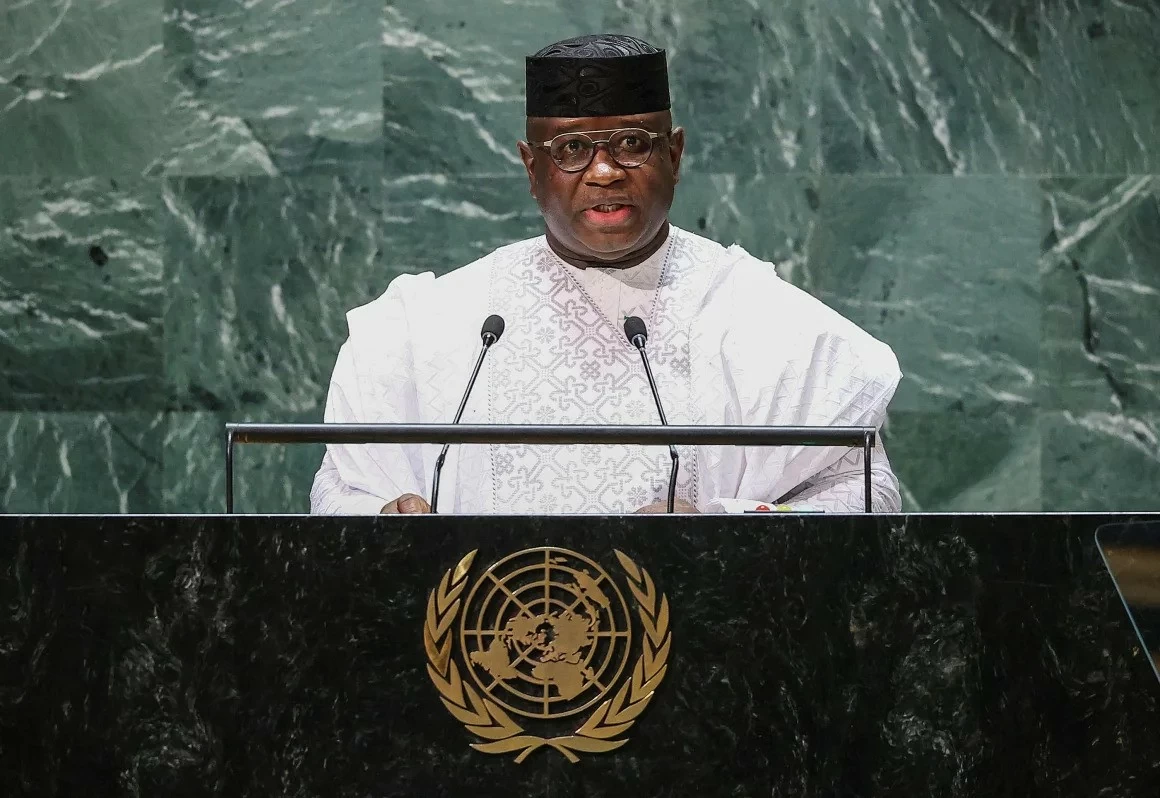 |
Sierra Leone President Julius Maada Bio speaks at the 78th Session of the United Nations General Assembly on September 20, 2023. (Source: Reuters) |
stalemate
Deep divisions among the permanent members make it difficult for the Security Council to prevent global threats, from conflicts in Gaza and Ukraine to the challenges of nuclear weapons and climate change.
Anjali Dayal, a UN expert and associate professor of international politics at Fordham University, said the US and Russia frequently use their veto power to protect allies or their own national interests. France and the UK have limited their veto power since 1989. However, in the years after the Cold War, the world witnessed the US, Russia and China using this power to protect allies from the consequences of their wrong foreign policies.
In addition, Mr. Timothy Musa Kabba, Foreign Minister of Sierra Leone, believes that a fair balance in the Security Council will help break the deadlock and build credibility for this agency. He emphasized that the Security Council needs to democratize representation based on geography, especially in a multipolar, globalized and interconnected world.
Currently, in addition to the five vetoes, the Security Council has 10 non-permanent seats, three of which are from Africa. The non-permanent members do not have veto rights and are elected by the General Assembly for two-year terms.
Conflicting interests among the 193 members are an obstacle to the goal of expanding the size and power of membership. This is clearly shown in the desire of Brazil and India to have permanent membership in the Security Council, but when considered from the perspective of countries such as Pakistan and China, or Argentina and Mexico, this plan is not easy to achieve.
The Decade Debate
In addition to the African Union (AU) proposal for two more permanent and two non-permanent seats in the Security Council, there are at least five other coalitions of UN member states with their own ideas on how to reform the council.
The debate has been going on for decades, said Daniel Forti, a senior UN advocacy and research analyst. Diplomats have yet to reach a consensus on how to expand the Security Council to get two out of three votes in favor from Washington, Moscow and Beijing.
Besides, any attempt to remove the P5 veto power is not feasible because there will be no consensus from the major countries, especially the US, Russia and China. What can be done at this time is only “small reforms”.
However, a bright spot is the Liechtenstein-proposed resolution adopted by the General Assembly in 2022 on the use of veto power. This resolution requires any use of the P5 veto power to be discussed in the General Assembly. While this process cannot overturn a veto, it would increase political pressure if a P5 member were to use it.
Supporters argue that expanding the size of the Security Council is entirely feasible, pointing to the Council’s expansion from 10 to 15 members in 1963. But real and effective reform of the Security Council is still a long way off, despite the attention it is receiving.
Source: https://baoquocte.vn/chau-phi-va-tham-vong-cai-to-co-quan-quyen-luc-cua-lien-hop-quoc-284358.html


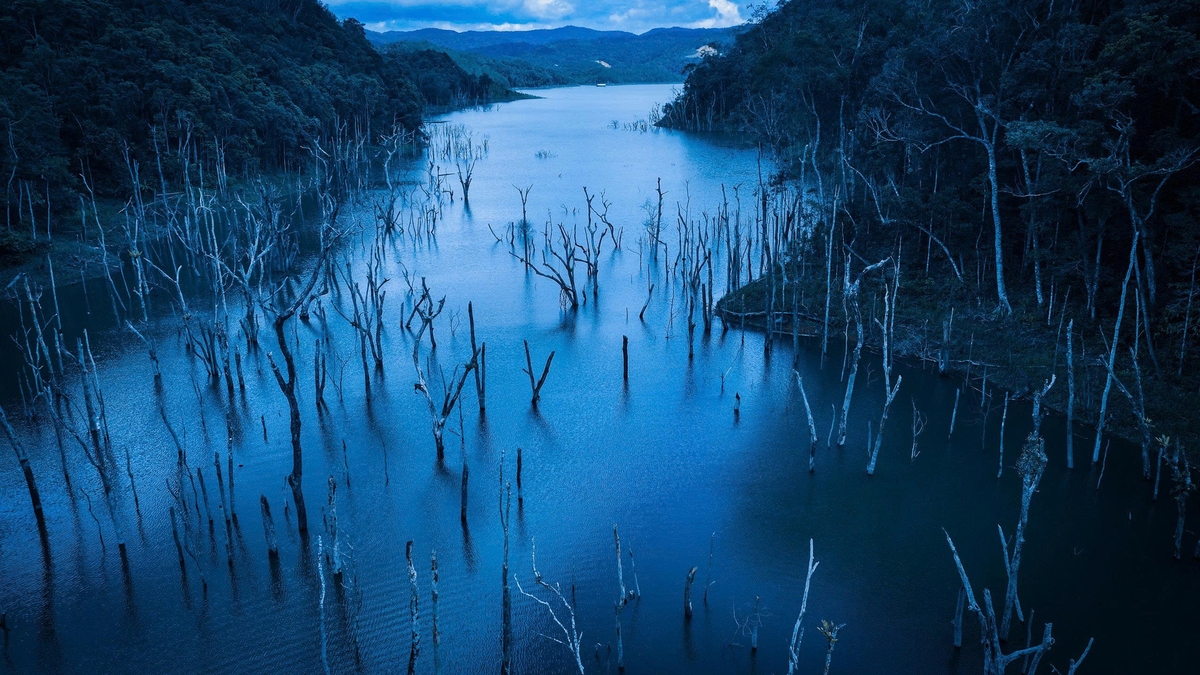


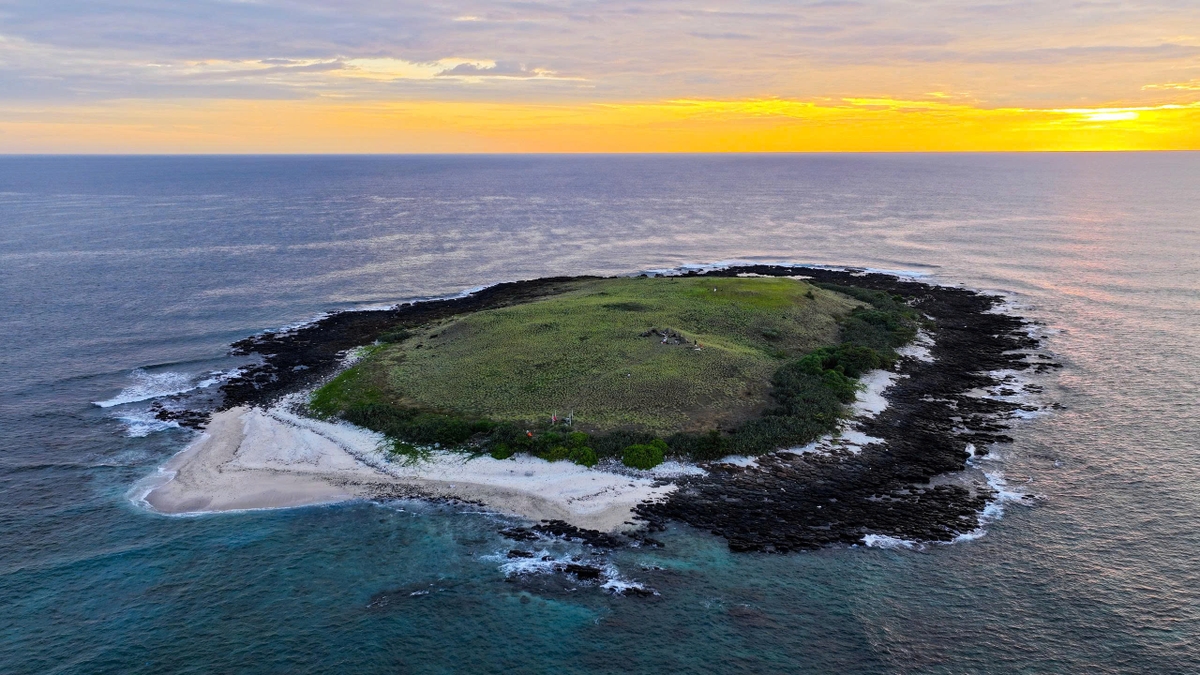
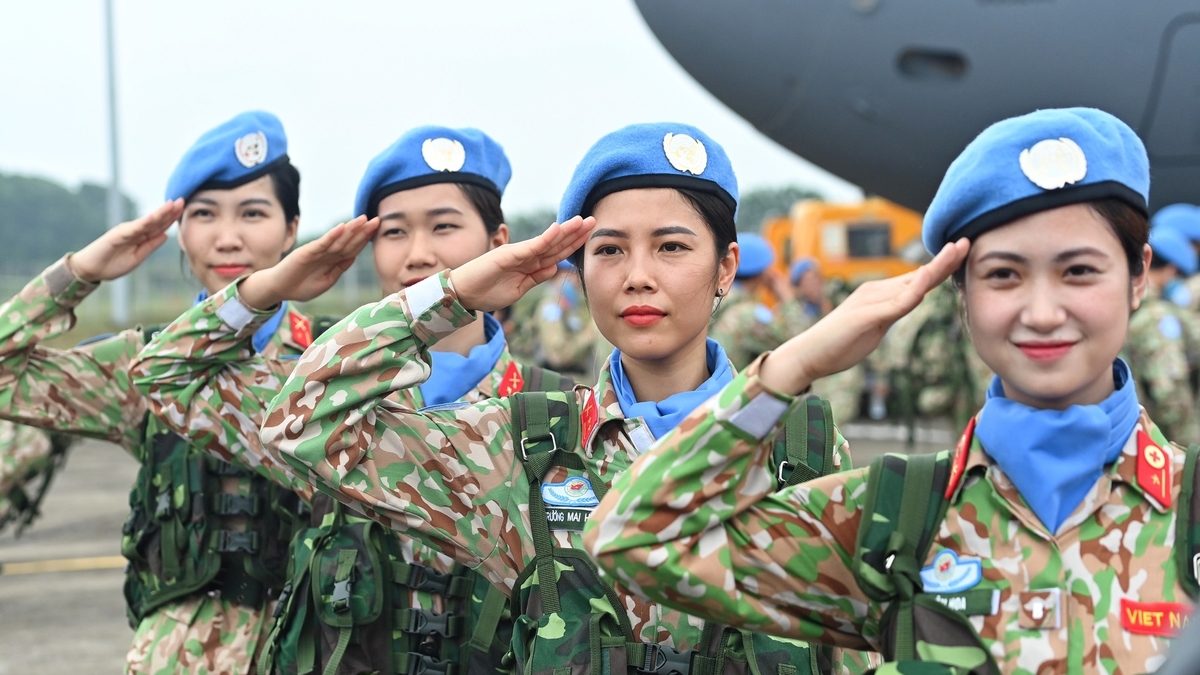

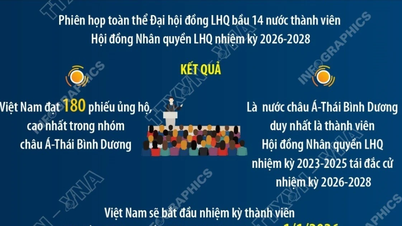

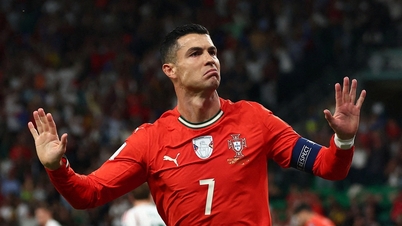


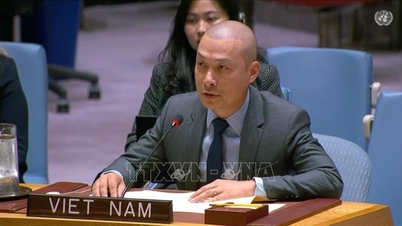




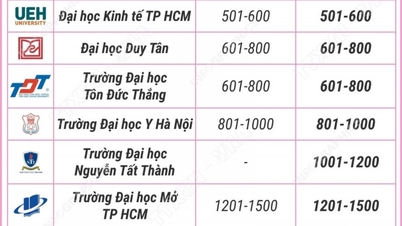

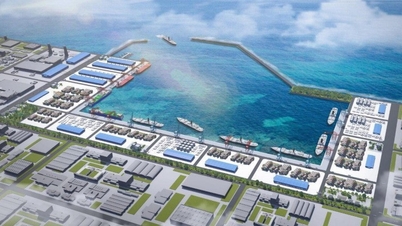
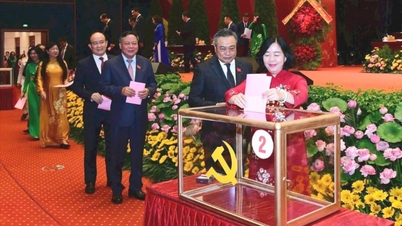
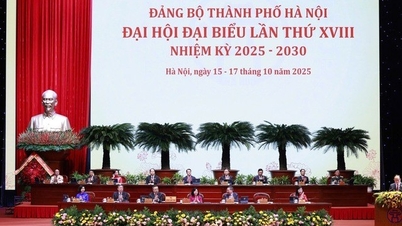
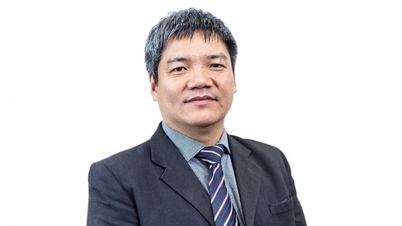
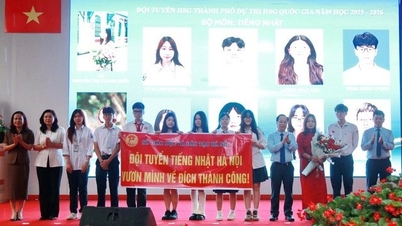




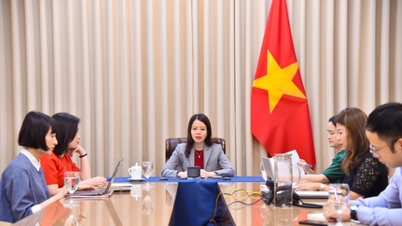
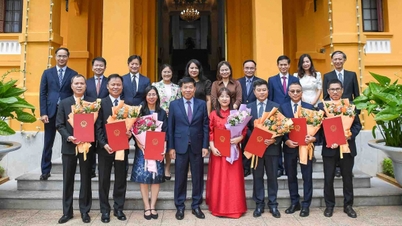
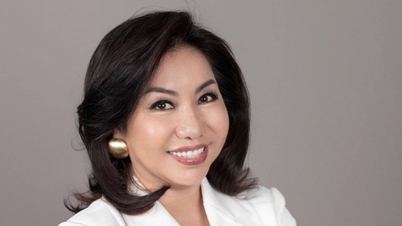
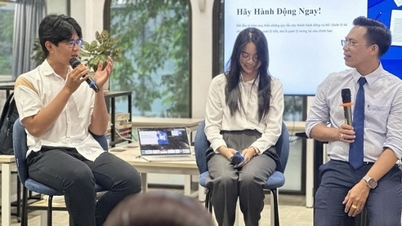
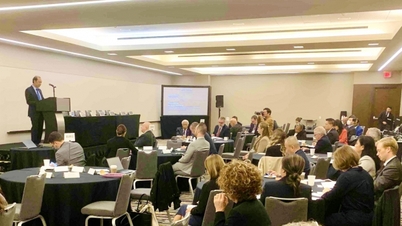
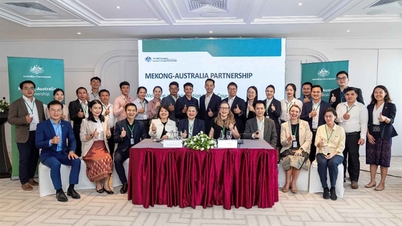



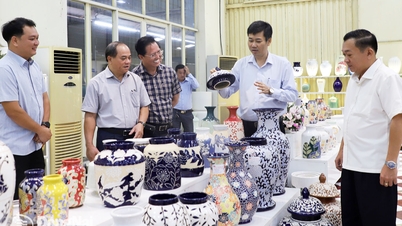










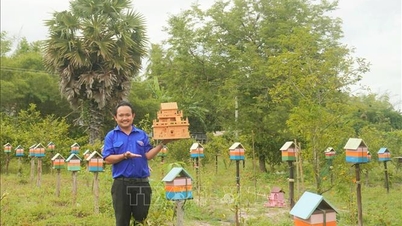

























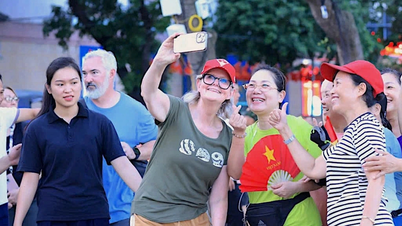

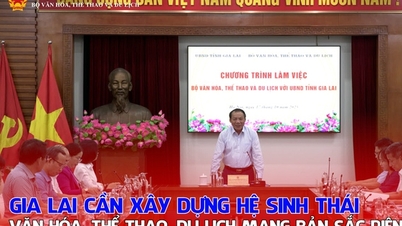

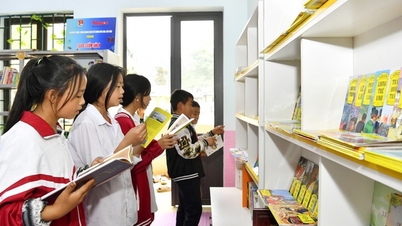




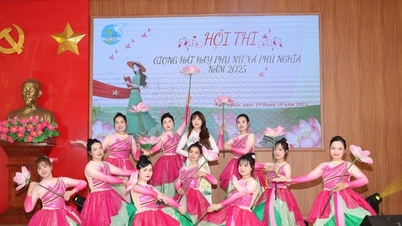

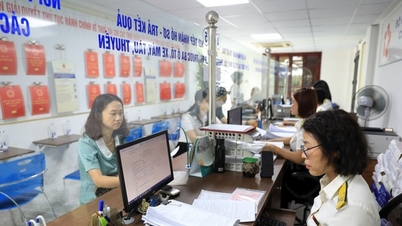

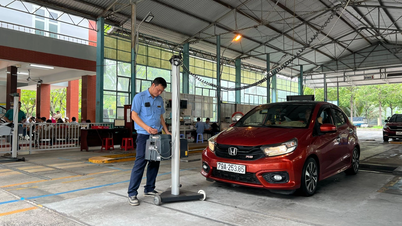

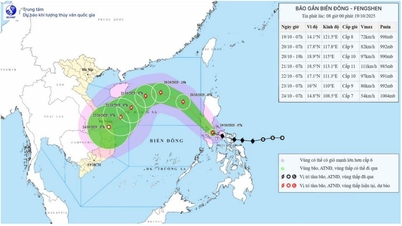
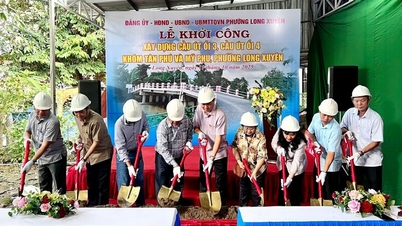













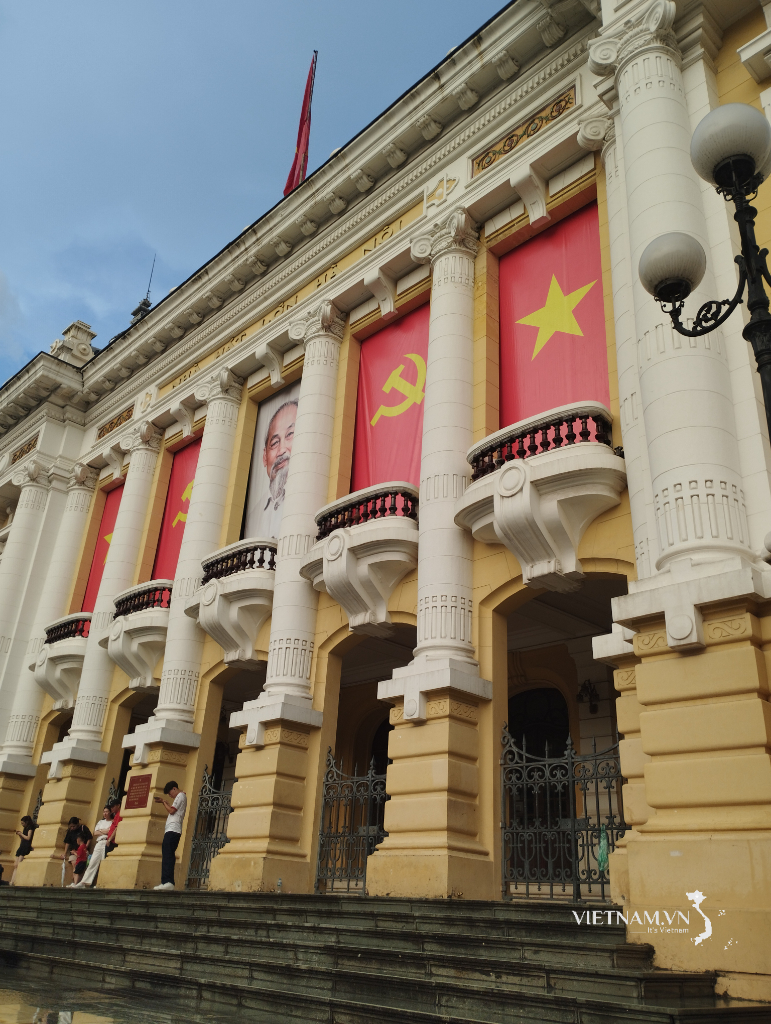

Comment (0)